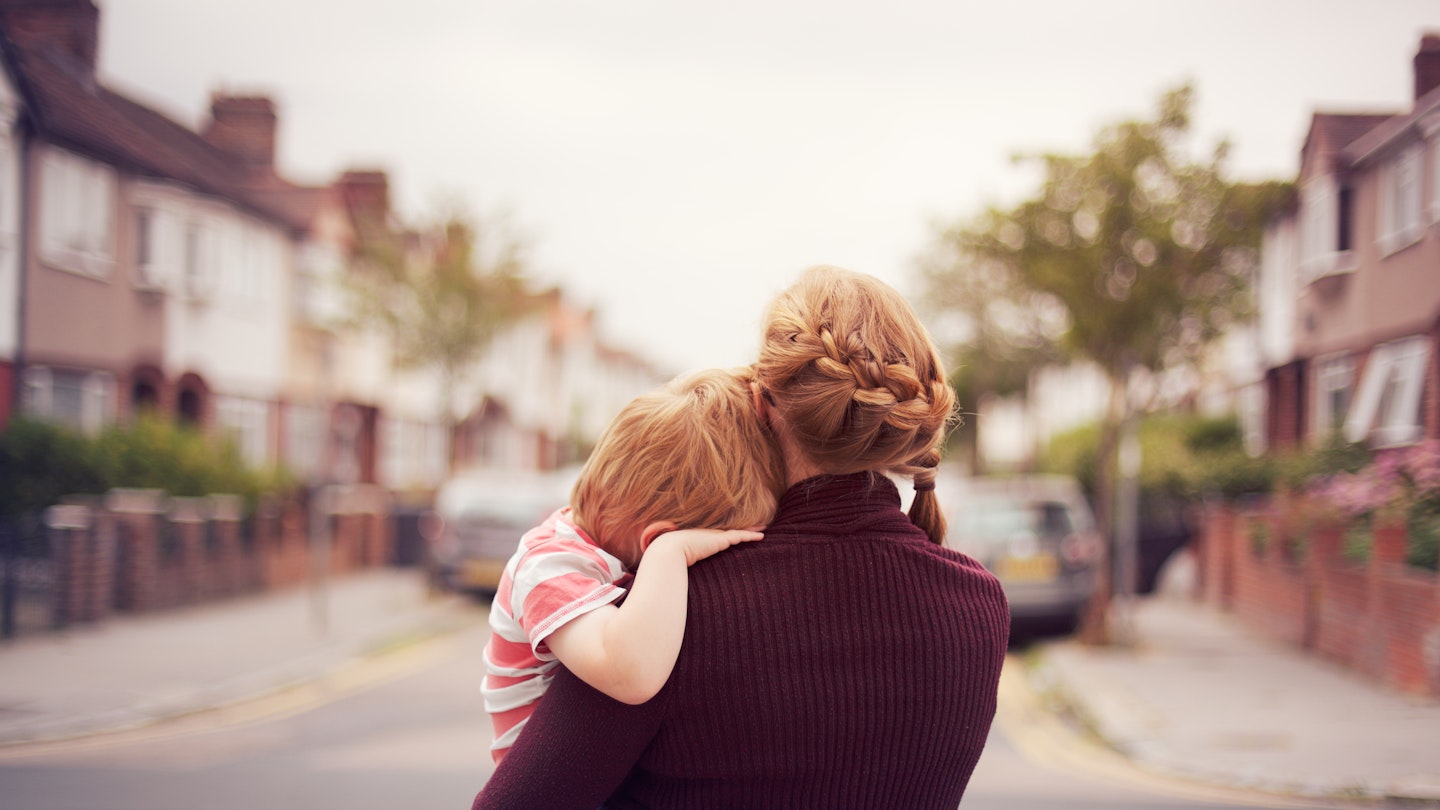In the days after my son was born, I would catch myself gazing around our house in wonder. Cards covered every surface, flowers spilled out of every vase we owned, while stacks of gifted baby clothes sat waiting to be put away. After four years of trying for a baby and four miscarriages we had made it. He was here. I had never felt so happy or so loved.
But sometimes, like a cloud passing over the sun, another thought would creep in: So this is what we were missing out on all that time.
In those moments, the contrast between how it feels to have a baby and how it feels to have a miscarriage couldn’t be starker. When you have a baby, people are drawn to you, everybody checks in, everyone has questions (Name? Weight? How was the birth?). Whereas when you lose a pregnancy people retreat. Perhaps out of kindness, assuming you want privacy. Perhaps out of awkwardness. Either way, you feel alone, trapped by your grief.
Once you do go on to have a child, it’s not that knowing this takes away from your happiness exactly, it just sits alongside it - like a shadow.
Today, Carrie Johnson announced that she and Prime Minsiter Boris are having a second baby, after having a miscarriage earlier this year. It comes after Harry and Meghan, Duke and Duchess of Sussex, announced the arrival of their daughter, Lili, earlier this year. The happy news follows a miscarriage Meghan had – and wrote about – last year. It’s a detail that often seems to get lost in the noise, which says quite a lot about the narrative we have around pregnancy loss, I think.
As much as I wish it were otherwise, having a baby doesn’t erase what went before. It’s not a straightforward happy-ever-after transaction. My experience of miscarriage has shaped my experiences of parenthood - and continues to do so.
It starts in pregnancy, which, after loss, is basically a state of perpetual, hyper-anxiety. (A few days after Harry and Meghan’s news, the presenter and influencer Stacey Solomon announced she was expecting after a number of miscarriages, beginning a series of posts on Instagram saying ‘I feel so nervous for so many reasons’.)
When all you know is living from scan to scan, it’s not surprising when this exhausting vigilance carries over.
When all you know is living from scan to scan, constantly on knicker-alert for signs of blood, it’s not surprising when this exhausting vigilance carries over once your child is born. Sleep deprivation is torture. Even more so when your baby is the one sleeping, while you lie there rigid, tired but wired, needing the constant confirmation that they are, in fact, still breathing.
And there are many more things I’m only starting to make sense of now, as my son approaches his first birthday. Here are my (entirely non-judgmental, highly subjective) pointers on what helps when someone has a baby after loss – and what doesn’t…
DO…
Follow their lead. If they say they’re not buying baby stuff yet or they don’t feel comfortable with a baby shower, don’t force it. It’s lovely when other people are excited for you and want to celebrate, but it can also add pressure. Please don’t ignore them, thinking you know best. They’re not being a killjoy, they’re just trying to get through the day. (This can be hard when your own pregnant body is a constant reminder of your most intense hopes and fears.)
On the other hand, if you think someone’s being a bit, well, extra (Gender reveals! Three different moses baskets! Daily bump photos!) give them a free pass. They’re just making up for lost time, lost joy. Or trying to.
DO…
Let them know it’s OK to find parenting a challenge. The thing I've found hardest since having my son is accepting that you can want a baby very, very much and still find parenting difficult in all the usual ways. When it used to hurt so much hearing other people complain about the boring, messy, unglamorous parts of looking after a baby, it is almost impossible to make those same words come out of your own mouth once you are on the other side. When people say things like ‘enjoy every moment’ or ‘you must be loving it’ it only adds to the guilt.
DON’T…
Tell them that this was ‘meant to be’, once their baby is born. It’s possible some find this idea comforting. In my experience far more people find it hurtful and dismissive. It’s complicated, you see. On the one hand, of course you feel that this baby is the child you were always meant to have. It was always going to be them. You know this in your bones. You feel it on a cellular level. But that also doesn’t diminish how much you wanted that previous pregnancy, baby, child. Sometimes, depending on the conception maths, the lost and the living could have co-existed. Sometimes that’s biologically impossible. Either way, you want both.
‘Rainbow baby’ is often used to describe a child born after pregnancy loss – whether that’s miscarriage, stillbirth, ectopic pregnancy, or a termination for medical reasons. It sounds simple, implying the bright spell after a storm. But a rainbow is really about conflicting things happening simultaneously – it’s literally sunlight scattered through raindrops. This kind of motherhood, then, is joy refracted through grief.
Read More:
Carrie Johnson: ‘I Hope That In Some Very Small Way Sharing This Might Help Others Too’
I Had PTSD After My Miscarriage - And So Do 30% Of Women Who Have Had Miscarriages
Meghan Markle Reveals She Suffered A Miscarriage Earlier This Year
